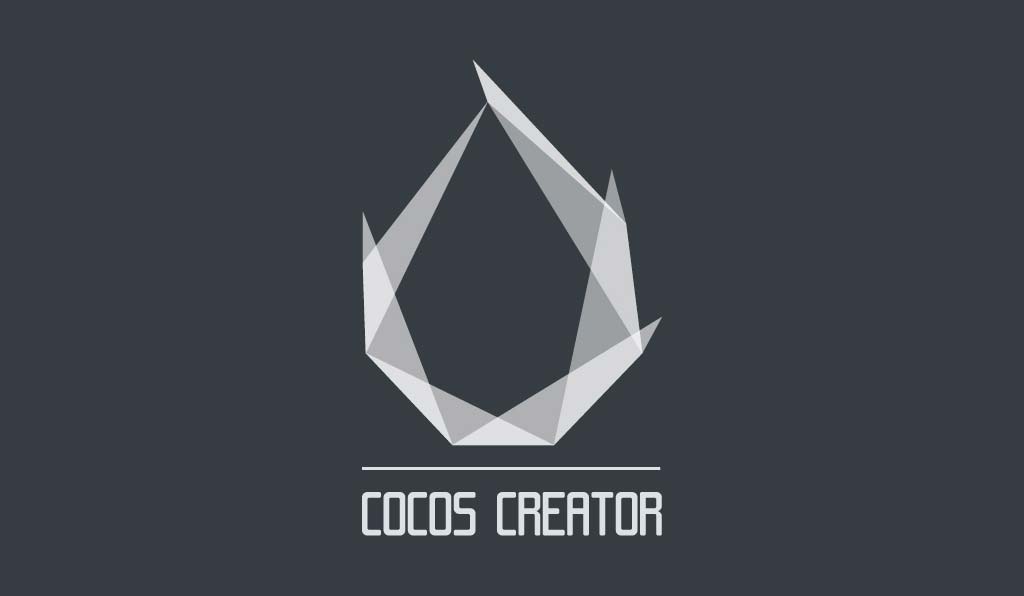Why I Still Think Cocos Creator Is Worth a Look for Web Games
May 23, 2025

When people ask me about game engines for web-based games, Cocos Creator often comes up. If you’re not familiar, Cocos Creator is a game development engine that combines a powerful editor with scripting in TypeScript. It’s geared toward 2D and 3D games, focusing on multiplatform deployment—including the web.
My Journey with Cocos Creator
I started using Cocos Creator around five years ago, back when version 2 was the latest. Back then, it already had a solid foundation for web and mobile games. Since then, Cocos Creator has grown significantly. The release of version 3 brought some major upgrades: a unified 2D and 3D engine, a more modern workflow, and better performance overall.
These days, I still use Cocos Creator occasionally for my work projects—mainly when I need to build multiplatform games for clients. But for my personal projects, I find myself rarely opening it.
What I Like About It
The engine itself is well-made. It uses TypeScript as the main scripting language, which I really enjoy. If you’ve worked with Unity before, Cocos Creator’s structure will feel familiar. The way you write code, organize scenes, and use components—it’s very much like Unity, but in TypeScript instead of C#.
For 2D game development specifically, it feels like working in Unity with TypeScript. You get that component-based system, inspector panels, and even prefab workflows. If you’re coming from Unity and want something similar for web games, this is a good fit.
Why I Don’t Always Use It for Web Games
Even though Cocos Creator is great, I often prefer Defold or Phaser when making web games. Why? Mainly because they feel more lightweight. Defold and Phaser’s build results tend to be smaller and more optimized for performance on the web.
That’s not to say Cocos Creator is heavy—it’s definitely much lighter than Unity WebGL builds. But compared to something like Defold and Phaser, there’s still a bit more overhead.
Should You Try It?
If you’re looking for an alternative to Unity, especially for web games, Cocos Creator is worth checking out. It shares a lot of the same ideas and workflow, but produces smaller builds by default.
Especially if you like TypeScript and component-based game development, you might find it’s a really comfortable tool to work with.
Final Thoughts
Every engine has its strengths. For me, Cocos Creator is something I keep in my toolbox, especially for multiplatform projects at work. For my personal web games, I tend to lean towards lighter options like Defold or Phaser. But if you’re searching for that Unity-like experience for web games, Cocos Creator is definitely a solid choice.